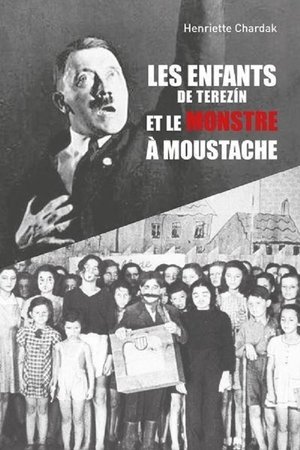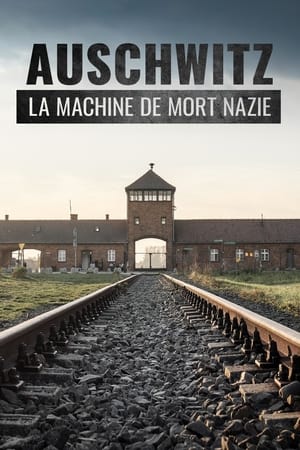
999: The Forgotten Girls(2024)
The first official Jewish transport to Auschwitz consisted of 999 Slovak girls and young women. This documentary features several survivors from that transport.
Movie: 999: The Forgotten Girls

999: The Forgotten Girls
HomePage
Overview
The first official Jewish transport to Auschwitz consisted of 999 Slovak girls and young women. This documentary features several survivors from that transport.
Release Date
2024-09-20
Average
0
Rating:
0.0 startsTagline
Genres
Languages:
Keywords
Similar Movies
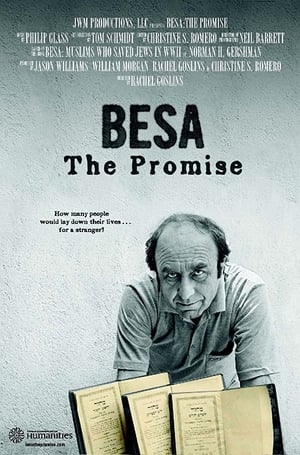 10.0
10.0Besa: The Promise(en)
A documentary exploring how Albanians, including many Muslims, helped and sheltered Jewish refugees during WWII at their own risk, and trying to help the son of an Albanian baker that housed a Jewish family for a year return some Hebrew books that the family had to leave behind.
 0.0
0.0Ambassador of Remembrance(pl)
In September 1943, 17-year-old Stanisław Zalewski was arrested in Warsaw as a member of a Polish resistance group and taken to the Auschwitz-Birkenau extermination camp for labour service. From there, he was sent to Mauthausen and finally to the Gusen camp, where the prisoners were forced to work for the German armaments industry under inhumane conditions. For a long time, Stanisław Zalewski, like many other victims of Nazi terror, remained silent about his painful experiences. It was only after forty years that he began to talk about it, at events, memorial services, and in schools, and he continues to do so to this day, even at the age of 99. Now, for the first time, he tells his stirring life story in a film as a deeply impressive ‘ambassador of remembrance’.
Under Their Skin(en)
Under Their Skin: Tattoos of Memory and Resilience is a character-driven film featuring grandchildren of survivors (3Gs) who have made the controversial decision to tattoo their grandparents’ concentration camp numbers on their own bodies. The film follows subjects as they navigate personal relationships and public interactions that alternately celebrate and challenge their decision—and raise questions about the reenactment of trauma, and the act of transforming that trauma into healing. In interweaving storylines, we will meet 3Gs whose stories reveal that historical remembrance is an essential part of engaging with social issues and the rise of hate and intolerance today.
 0.0
0.0Elie Wiesel Goes Home(hu)
A documentary chronicling the adolescent years of Elie Wiesel and the history of his sufferings. Eliezer was fifteen when Fascism brutally altered his life forever. Fifty years later, he returns to Sighetu Marmatiei, the town where he was born, to walk the painful road of remembrance - but is it possible to speak of the unspeakable? Or does Auschwitz lie beyond the capacity of any human language - the place where words and stories run out?
I Survived The Holocaust Twin Experiments(en)
Eva Mozes Kor recounts her experiences during the Holocaust.
Hitler's Forgotten Victims(en)
The story of black and mixed race people in Nazi Germany who were sterilised, experimented upon, tortured and exterminated in the Nazi concentration camps. It also explores the history of German racism and examines the treatment of Black prisoners-of-war. The film uses interviews with survivors and their families as well as archival material to document the Black German Holocaust experience.
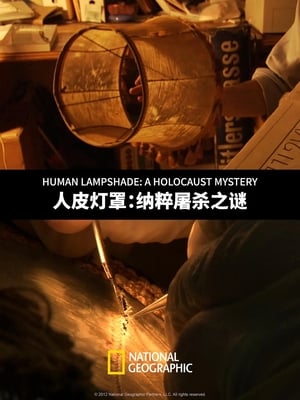 4.5
4.5Human Lampshade: A Holocaust Mystery(en)
This story follows one man's quest to uncover the origins and reveal the mysteries of a possible Holocaust artifact some historians now say never existed: lampshades made of human skin. When the flood waters of Hurricane Katrina receded, they left behind a wrecked New Orleans and a strange looking lamp that an illicit dealer claimed was 'made from the skin of Jews.'
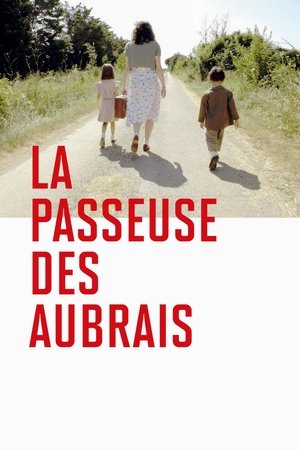 7.3
7.3The Smuggler and Her Charges(fr)
A captivating and personal detective story that uncovers the truth behind the childhood of Michaël Prazan's father, who escaped from Nazi-occupied France in 1942 thanks to the efforts of a female smuggler with mysterious motivations.
 5.0
5.0Francisco Boix: A Photographer in Hell(es)
In 1939, just finished the Spanish Civil War, Spanish republican photographer Francesc Boix escapes from Spain; but is captured by the Nazis in 1940 and imprisoned in the Mauthausen concentration camp, in Austria, a year later. There, he works as a prisoner in the SS Photographic Service, hiding, between 1943 and 1945, around 20,000 negatives that later will be presented as evidence during several trials conducted against Nazi war criminals after World War II.
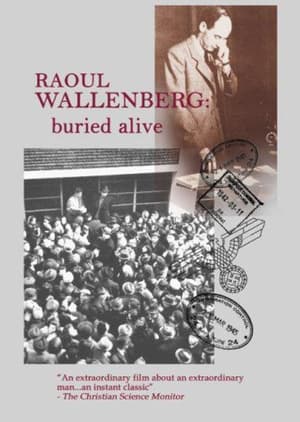 0.0
0.0Raoul Wallenberg: Buried Alive(en)
A profile of Swedish diplomat Raoul Wallenberg, the film covers his role in saving the lives of Jewish refugees from the Holocaust, as well as exploring the evidence that he may still have been alive in a Soviet gulag as late as the early 1980s.
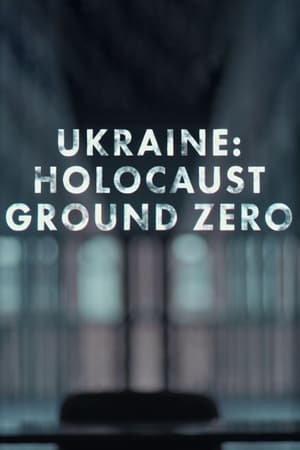 0.0
0.0Ukraine: Holocaust Ground Zero(en)
An exploration of the shocking impact of the Holocaust in Ukraine, where some of the most horrific Nazi massacres of World War II occurred. Featuring contributions from Holocaust survivors.
 0.0
0.0Peter Eisenman: Building Germany's Holocaust Memorial(en)
This documentary explores the creation of the Holocaust Memorial in Berlin as designed by architect Peter Eisenman. Reaction of the German public to the completed memorial is also shown.
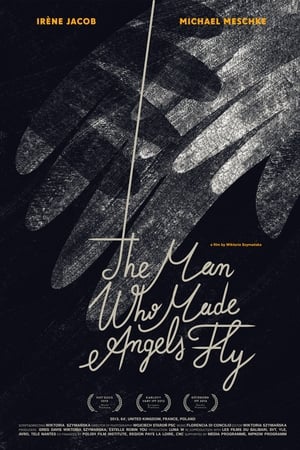 7.0
7.0The Man Who Made Angels Fly(en)
When the lights dim and the stage is revealed, Meschke channels life through the strings of his puppets, triggering the spiritual connection between the creator and his alter-egos: the charismatic Don Quixote, the loving Penelope, the inquisitive Baptiste, or the mysterious Antigone. THE MAN WHO MADE ANGELS FLY is a poetic story about a master of his craft that has inspired audiences to reflect upon common issues of suffering and the mortal coil. Visionary and un-biographic, imaginary tribute to the puppeteer.
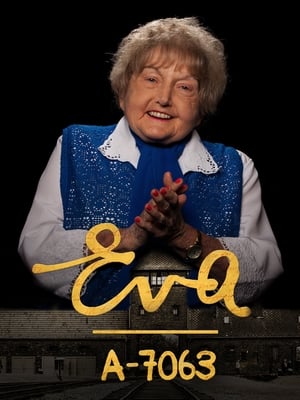 0.0
0.0Eva: A-7063(en)
As a 10-year-old “Mengele Twin,” Eva Kor suffered some of the worst of the Holocaust. At 50, she launched the biggest manhunt in history. Now in her 80s, she circles the globe to promote the lesson her journey has taught: Healing through forgiveness.
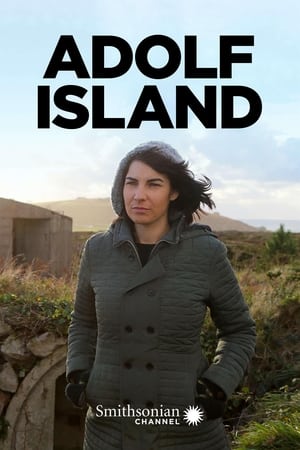 6.5
6.5Adolf Island(en)
Caroline Sturdy Colls, a world leader in the forensic investigation of Nazi crime scenes, is chasing clues to an unsolved case: a concentration camp that existed on the British island of Alderney. Witnesses and survivors claimed that thousands died there, but only 389 bodies have ever been found. Under heavy restrictions imposed by the local government, which may not want its buried secrets revealed, Colls must uncover the truth using revolutionary techniques and technologies.
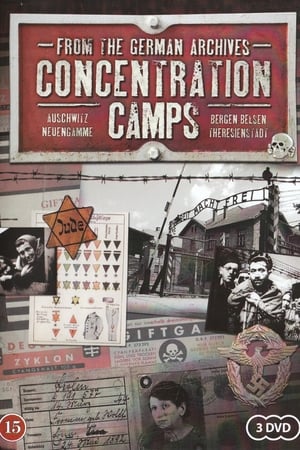 7.0
7.0The Liberation of Auschwitz(de)
This chilling, vitally important documentary was produced to mark the 40th anniversary of the liberation of Auschwitz Concentration Camp. The film contains unedited, previously unavailable film footage of Auschwitz shot by the Soviet military forces between January 27 and February 28, 1945 and includes an interview with Alexander Voronsov, the cameraman who shot the footage. The horrifying images include: survivors; camp visit by Soviet investigation commission; criminal experiments; forced laborers; evacuation of ill and weak prisoners with the aid of Russian and Polish volunteers; aerial photos of the IG Farben Works in Monowitz; and pictures of local people cleaning up the camp under Soviet supervision. - Written by National Center for Jewish Film
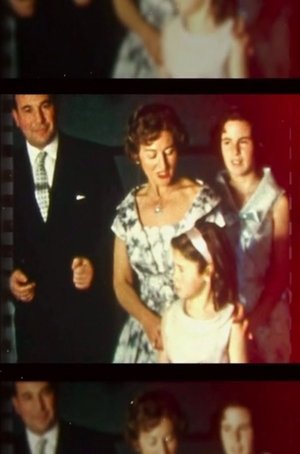 0.0
0.0Man on the Bus(en)
Can a secret change who you are? Mysterious events unfold and reveal how Martha, a Polish holocaust survivor, managed to lead a double life in Australia. The vivacious Jewish artist and doting mother, died without ever revealing her secret. The film follows Martha’s daughter Eve, over a decade, as she unlocks the mystery behind the streets named Eve and Martha. Clues are found in old recordings and Martha’s home movies revealing a mystery man gazing into the lens. Eve’s investigation leads her to the Sobieski castle in the Ukraine, the site of a massacre where her grandmother died, and the Eichmann trial as she explores her parents’ holocaust survival and her father’s heroic escape from a concentration camp. When a ‘doppelgänger’ contacts Eve, her life is forever altered, as she uncovers lies, tracks down her mother’s young lover and reveals the family secret that led her to rewrite her entire life.
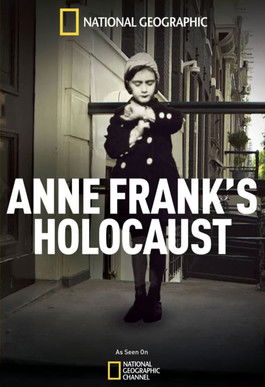 10.0
10.0Anne Frank's Holocaust(en)
Anne Frank's world famous diary came to an abrupt end shortly before she and her family were discovered hiding from the Nazis in a secret annex at the top of Otto Frank's office building, on August 4, 1944. While her diary tells the story of Anne's life, the story of her death reveals the atrocities encountered by millions of Jews during the Holocaust. In a solemn remembrance of the horrors that Anne Frank and these millions of others suffered during the dark days of World War II, National Geographic Channel (NGC) takes viewers inside the concentration camps in a two-hour special. In keeping with NGC's tradition of unparalleled storytelling, Anne Frank's Holocaust incorporates new findings and rarely seen photographs to reintroduce the story of the massacre of Jews in one of the most comprehensive documentaries on the subject to date.
